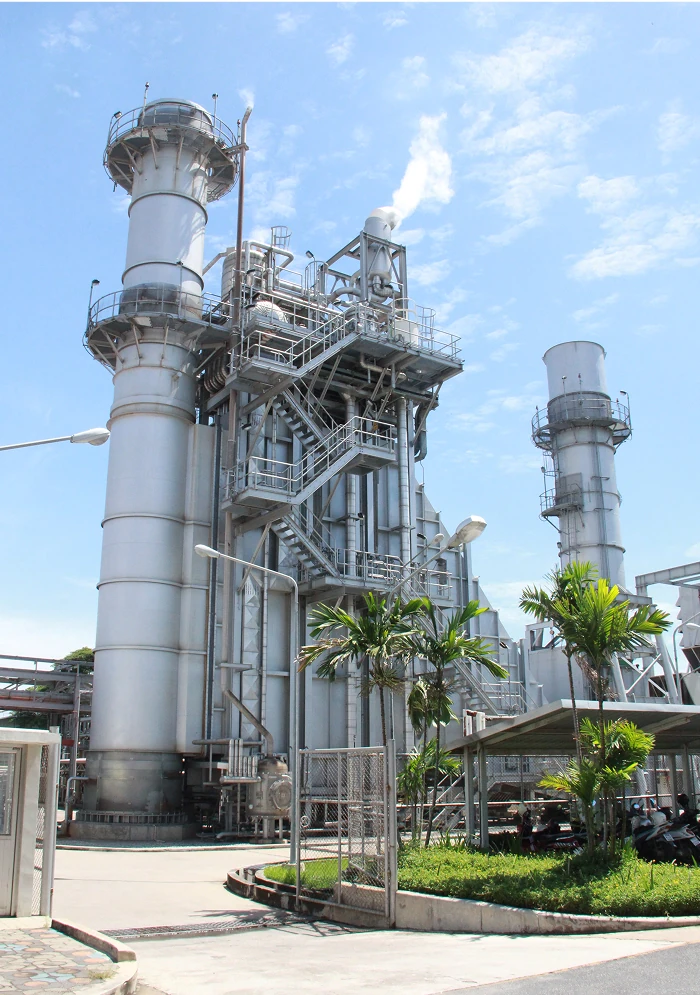Energy Management


Supporting the SDGs Goals
Goal 7:
Goal 8:
Goal 12:
Goal 13:
Goal and Performance Highlights
Ratch Pathana Energy Power Plant
Goal
Performance
Goal
Performance
Goal
Performance
Sahacogen Green Power Plant
Goal
Performance
Goal
Performance
Goal
Performance
Sahagreen Forest Power Plant
Goal
Performance
Goal
Performance
Challenges and Opportunities
Energy management within the industrial sector presents significant challenges amid ever-evolving market dynamics and increasingly stringent environmental regulations. Companies must navigate the risks associated with volatile energy costs, which can heavily impact operational expenditures. In an industry marked by intense competition, it is essential to continually develop advanced technologies and strategies to maintain competitiveness. The transition to clean energy also demands substantial investment—not only in cutting-edge infrastructure and technologies but also in building a workforce equipped with specialized expertise. Moreover, companies must rapidly adapt to comply with evolving legal requirements and environmental standards.
Nonetheless, these challenges also bring forth valuable opportunities. The shift toward renewable energy enables companies to develop and expand sustainable energy projects. The adoption of advanced technologies, such as energy storage systems and artificial intelligence (AI) for energy management, enhances operational efficiency and reduces costs. Additionally, expanding partnerships with government agencies and international organizations can provide crucial support and funding for clean energy initiatives. Market trends increasingly favor companies that can deliver clean energy solutions to meet the growing demand from industrial sectors and environmentally conscious consumers. Pursuing a clean energy strategy not only strengthens the company’s public image but also attracts investors who prioritize Environmental, Social, and Governance (ESG) criteria.
This approach plays a pivotal role in driving long-term growth and ensuring the company’s sustainable development.

Management Approach and Value Creation
Ratch Pathana Energy Public Company Limited has established a strategic approach to energy management with a strong focus on energy efficiency, minimizing environmental impact, and enhancing long-term corporate value. To drive this effort, the company has formed an Energy Management Taskforce responsible for monitoring and overseeing all energy-related operations to ensure alignment with corporate policies and international standards.

The company is committed to fostering a corporate culture that prioritizes energy conservation. Employees at all levels are encouraged to actively participate in reducing energy consumption and are regularly engaged through training sessions and awareness programs. These initiatives aim to build knowledge and understanding of energy-efficient technologies and practices, thereby enhancing the company’s overall energy management capabilities. To support these efforts, Ratch Pathana Energy leverages digital technologies for real-time energy data monitoring and analysis. These systems enable the company to detect energy usage trends, accurately forecast future energy demands, and adjust energy strategies to suit changing business environments more effectively.
Furthermore, the company continues to invest in energy infrastructure development projects, including the installation of energy-saving equipment within production processes, the adoption of renewable energy sources, and the transformation of production models in line with energy conservation principles. These measures not only help to reduce operational costs but also strengthen the company’s ability to compete in a rapidly evolving energy market.


The company’s energy management strategy goes beyond economic gains; it reflects a broader commitment to social and environmental responsibility. By reducing greenhouse gas emissions and increasing the use of clean energy, the company aligns with its environmental policy and fulfills its mission to grow sustainably.
Key Measures for Energy Management
-
Establishment of an Energy Management Taskforce for ongoing performance monitoring
-
Setting clear energy conservation goals and policies
-
Allocating budgets for energy-saving project development
-
Promoting a culture of efficient energy use across the organization
-
Conducting employee training and awareness-building programs
-
Implementing real-time monitoring and energy data analytics to improve management efficiency













